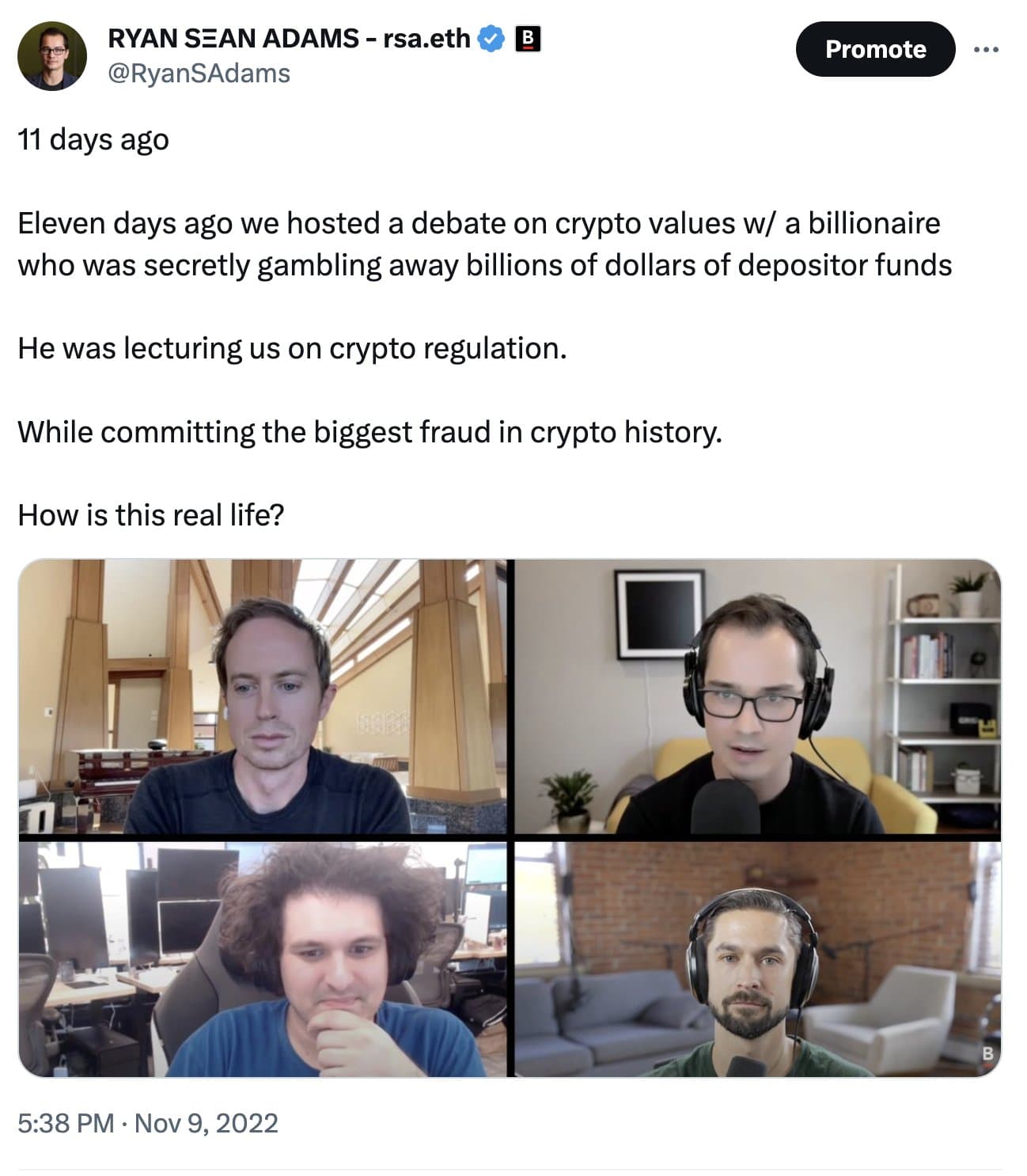Blockchain's Fork in the Road: Adams Debates Fund Freezing and Validator Liability

Ryan Sean Adams, co-founder of Bankless, recently ignited a debate within the crypto community regarding the fundamental nature of blockchain networks, particularly concerning the ability to freeze hacked funds and the resulting legal responsibilities for validators. The discussion, which Adams noted was influenced by insights from Haseeb Qureshi, highlights a growing schism between purely decentralized "cypherpunk" ideals and the pragmatic demands of integrating with traditional finance. In a recent social media post, Adams questioned the implications of alt-L1s (Layer 1 blockchains) having the capability to freeze funds. "If operators of a chain can freeze funds for theft, hack, or government order then doesn't this imply a legal responsibility for validators to always freeze funds?" he posited. He elaborated that such a capability "opens the door for civil and criminal cases" against validators who might possess the technical means to intervene but choose not to. The core of Adams's argument suggests a bifurcation of the industry into two distinct types of chains: "cypherpunk chains," characterized by their inability to freeze or censor, and "tradfi chains," which embrace such capabilities as a feature. He clarified, "no shame in being a tradfi chain - but if that's your strategy be prepared to face off against Tempo/Arc and friends who will likely triple down on compliance/freezing to outcompete you." This implies that regulatory compliance and the ability to enforce orders could become a competitive advantage for certain blockchain ecosystems. The debate underscores a tension between the foundational principles of immutability and censorship resistance, and the increasing pressure from real-world legal and financial systems. While cypherpunk chains prioritize absolute decentralization, tradfi chains might offer a more palatable environment for institutional adoption by providing mechanisms for recourse and regulatory adherence. The long-term implications for validator liability and the broader crypto landscape remain a subject of intense discussion.